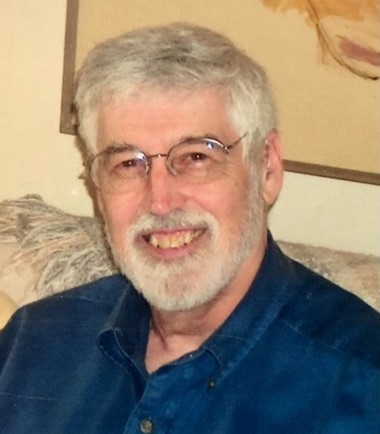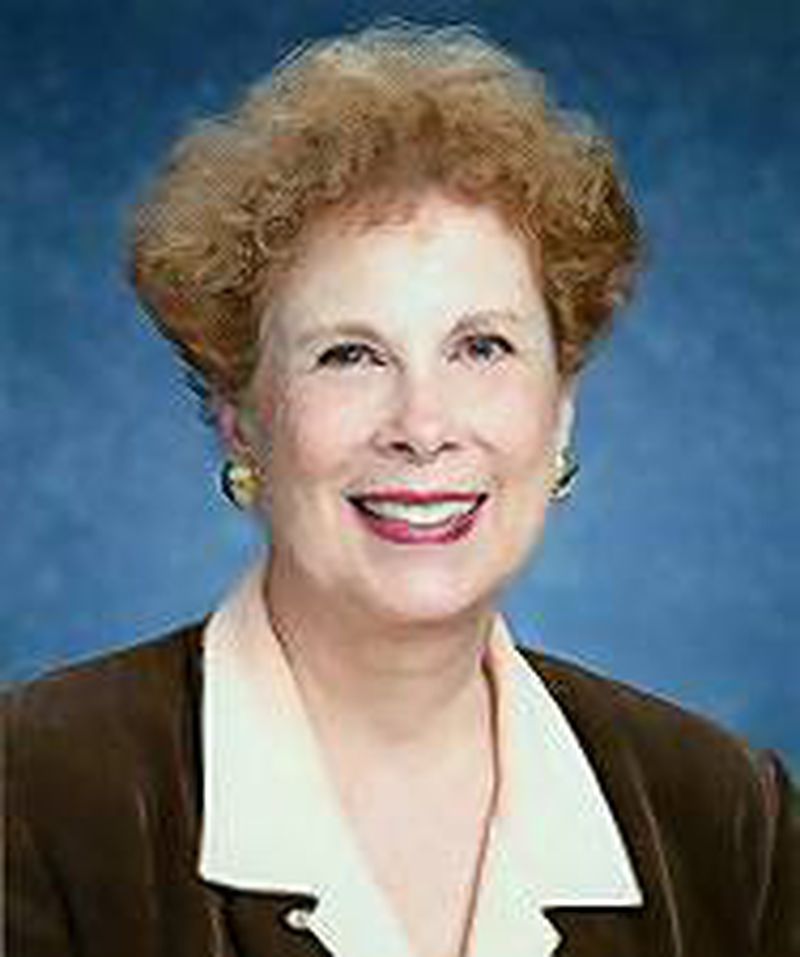The Bob and Sue Brown Fund (MPA Foundation)The Bob and Sue Brown Fund is named for founding member and MPA Past President Bob Brown and MPA's first Executive Director Sue Taylor Brown. Bob and Sue helped build MPA to become one of the largest and most active state psychological associations in the country. The Fund will support current and emerging leaders in psychology in Maryland through initiatives including the MPA Leadership Development Academy slated to begin in 2022. In honor of Bob and Sue, please consider making a generous contribution to the Bob and Sue Brown Fund. Donations to the Bob and Sue Brown Fund through the MPA Foundation are tax deductible. The MPA Foundation is a 501c3 organization. Ways to Donate1. Donate to the Bob and Sue Brown Fund on the MPA website here. 2. You may send a check payable to MPAF to the Maryland Psychological Association (or MPA), 200 N. Congress Street, Suite 501, Jackson, MS 39201. In memo line, please write the Bob and Sue Brown Fund. About the Browns
BOB BROWN, PH.D. - MPA FOUNDING MEMBER AND PAST PRESIDENTDr. Bob Brown was a professor, clinician, and dedicated advocate for the professional practice of psychology throughout his life. Best known to colleagues as Bob, his life journey began in a rural school outside Richmond, Virginia. He showed leadership potential from his earliest days, serving his high school as both captain of the basketball team and senior class president. He attended the University of Richmond on a basketball scholarship and went on to receive his M.A. and Ph.D. in Psychology from the University of Iowa. He was a member of Phi Gamma Delta fraternity and graduated with membership in the Society of Sigma Xi and Phi Beta Kappa, among other honors. He began work at the University of Texas Southwestern Medical School and then moved to the University of Maryland College Park, where he taught for over 30 years until retirement as Associate Professor Emeritus in 2003. Bob dedicated his professional life to advancing the professional practice of psychology, strengthening the field with emphases on ethical and evidence-based practice. While working at University of Texas Southwestern Medical School, he served as President of the Dallas Psychological Association, the Dallas Society of Clinical Psychologists, and the Dallas Group Psychotherapy Association. After moving to Maryland, both he and his wife, Sue Taylor Brown, became deeply involved with the Maryland Psychological Association. Sue served as MPA’s first executive director, a role she held for 28 years, and Bob served on numerous committees both before and after serving as the Association’s President from 1976-1977. At the University of Maryland, Bob was an award winner teacher and dedicated mentor to clinical trainees. He held numerous roles over the years including Acting Director of Clinical Training, Associate Director of Clinical Training, Acting Head of the Clinical Program, and Director of the Psychology Clinic. Bob worked closely with the Maryland Department of Health on numerous committees representing the field of psychology. He served the Maryland State Board of Examiners of Psychologists for a number of years before becoming a board member and eventually chair from 2008 to 2010. Bob was elected to the Board of the American Psychological Association in 1993 and, among other roles, served as chair of the Board of Professional Affairs from 1996 to 1998. Bob was also a frequent APA accreditation site visitor and served as an Associate Editor for Professional Psychology: Research and Practice. Among many service and leadership honors, Bob was recognized with Fellowship in APA (Divisions 12, 31, 42, and 43) and the Academy of Clinical Psychology; the Eric J. Hatch Outstanding Faculty Award from IDEALS and AFRAM for promoting relationship enhancement therapy; Distinguished Practitioner of Psychology by the National Academies of Practice; and the Karl F. Heiser Award for Advocacy from APA for enhancing psychology through regulation. Bob will be remembered for his practical and collegial approach to bringing people together and building relationships through listening. Those who worked with him know that he was quick with a pun, loved to travel and read, and enjoyed art, museums, and music. Through his commitment and passion for ethics and evidence, and his ability to bring people together, he leaves the community of psychological practice stronger than he found it.
SUE TAYLOR BROWN - MPA'S FIRST EXECUTIVE DIRECTOR
Sue Brown was Executive Director of the Maryland Psychological Association from 1975 to 2003. She shepherded MPA for 28 years, growing it from a small “kitchen table” professional group into the tech-savvy central office organization that MPA is today. In that process she also nurtured 28 MPA Presidents. With her gentle guidance, encouragement, and keen vision she took MPA to even greater levels in advocacy for the profession; and to greater national recognition by APA as an Outstanding Psychological Association in 1986.
|



